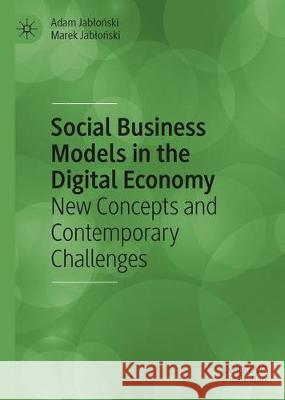Social Business Models in the Digital Economy: New Concepts and Contemporary Challenges » ksi─ů┼╝ka
topmenu
Social Business Models in the Digital Economy: New Concepts and Contemporary Challenges
ISBN-13: 9783030297312 / Angielski / Twarda / 2019 / 228 str.
Social Business Models in the Digital Economy: New Concepts and Contemporary Challenges
ISBN-13: 9783030297312 / Angielski / Twarda / 2019 / 228 str.
cena 564,88
(netto: 537,98 VAT: 5%)
Najni┼╝sza cena z 30 dni: 539,74
(netto: 537,98 VAT: 5%)
Najni┼╝sza cena z 30 dni: 539,74
Termin realizacji zam├│wienia:
ok. 16-18 dni roboczych.
ok. 16-18 dni roboczych.
Darmowa dostawa!
Kategorie:
Kategorie BISAC:
Wydawca:
Palgrave MacMillan
J─Özyk:
Angielski
ISBN-13:
9783030297312
Rok wydania:
2019
Wydanie:
2020
Ilo┼Ť─ç stron:
228
Waga:
0.45 kg
Wymiary:
21.01 x 14.81 x 1.6
Oprawa:
Twarda
Wolumen├│w:
01
Dodatkowe informacje:
Wydanie ilustrowane











